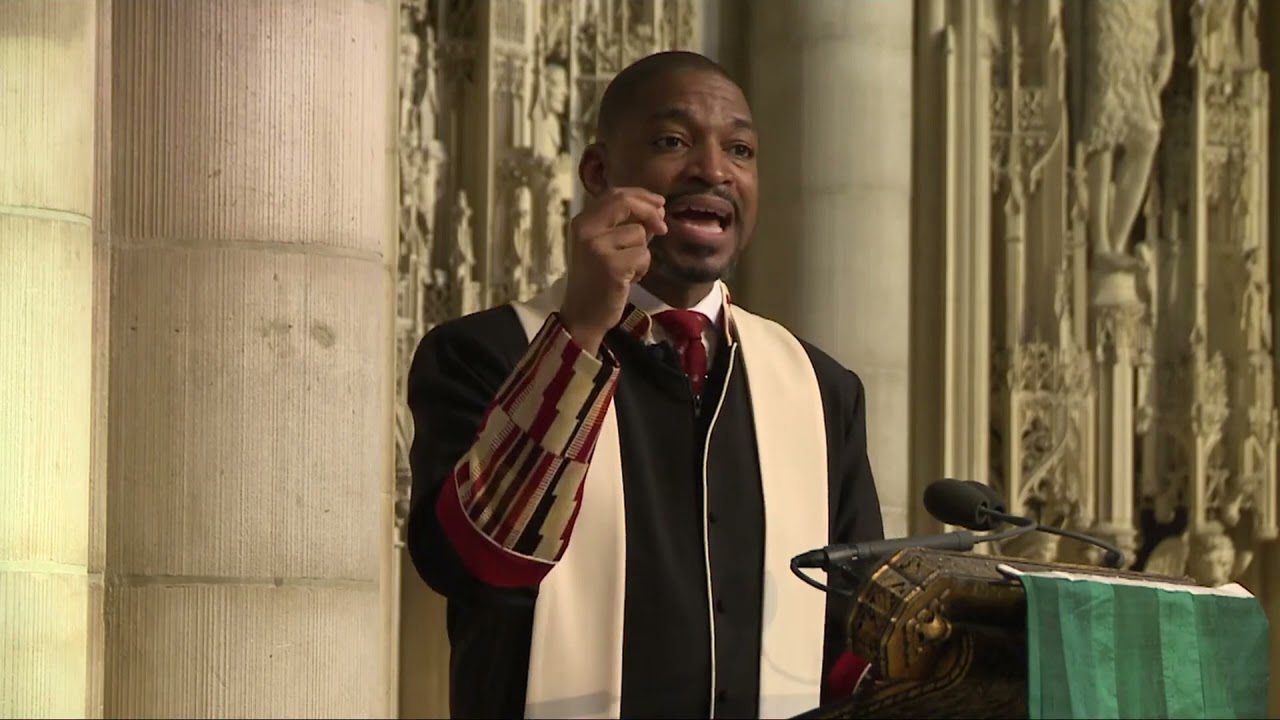Ancient writings of the Jewish tradition, shared by Christian communities, record a verse within the book of Isaiah that promises a peaceable existence with the phrase, “And a little child shall lead them” (Isaiah 11:6). The passage paints the picture of a transformed community with a toddler playing at the center. It’s a place where former adversaries get along. Interestingly, the sentences just before this predict the coming of a powerful leader who would disrupt the status quo.
I love this text, and all the things it suggests! Our hope for the future includes neighborhoods where our children and youth are safe and play freely. The well-being of the community is best measured by the thriving of the child.
One of the gifts of faith traditions is that they point us to vision and wisdom that is greater than our present reality. This is why Children’s Defense Fund has been working with congregations, synagogues, mosques, and temples for thirty years to celebrate and advocate for a world where children are centered in the National Observance of Children’s Sabbaths. This year’s observance is themed, “And A Little Child Shall Lead Them” and will take place October 20 through October 23. The weekend-long event invites child advocates and faith communities of various religious traditions across the United States to turn attention toward our children and youth and raise awareness about the various challenges they face, including poverty, gun violence, and lack of health care.
Earlier this month, I discussed this year’s theme on the Raising Rochester podcast, with our partners at The Children’s Agenda in Rochester, New York. Alongside people across the country, The Children’s Agenda uses this time not only to pray for our young people, but rally advocates to explore sacred texts and teachings that call on us to love, protect, and be led by them.
Many of us are familiar with old sayings like, “Children should be seen and not heard,” or “Stay in a child’s place.” While it may be easy to recall these sayings from our own childhoods, each confers something of a secondary status upon children in our families, our communities, and our nation. But every child is a whole human soul, with worth, agency, and equal value.
This second-class citizenship harms us all. Young people under 18 make up a quarter of our nation’s population. The U.S. Census Bureau recently revealed that 9 million of our nation’s children and youth now live in poverty. The well-documented links between economic mobility, health, and well-being tie our nation’s future to these children’s financial security, safety, and care.
This year, I look forward to bringing the message while observing Children’s Sabbaths with the pastor, parishioners, and especially, the young people of Middle Church in New York City. Join us, if you’re in the area or online. When you join the chorus of diverse voices who participate in Children’s Sabbaths across the nation, you make a commitment to young people being heard, their thoughts and ideas no longer being silenced, and their issues no longer being pushed to the margins.
Our kindred in Islam read in The Qur’an 60:8, “The creatures of God are the children of God, and the most beloved to God are those who show kind and excellent treatment to [God’s] children.”
If we truly intend to make this world a better place to live, for all, we must remember it is young people who have always had the audacity to aspire for something greater. Let’s have them take center stage and lead.


